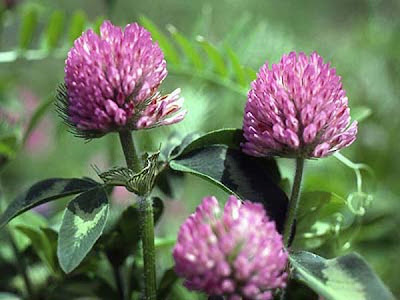alteratives are herbs that clear stagnancy in the liquid/blood of the the body. for this reason they are known as blood purifiers. according to michael tierra, in the book, way of herbs, alteratives eliminate toxins and help to assimilate nutrients. according to rosalee de la foret of herb mentor, the effect of an alterative can be likened to a fresh cool brook. what the brook is clearing is a stagnant pond/swamp/build up of water, that is stagnant and hot. the alterative is cooling and runs to clear the heat and drain the damping. the damping term is how the issue alteratives clear, is addressed in tcm.
the stagnancy blood/liquid is real clear to any one who has been to the cities of india. you may be walking and suddenly be smacked with a whiff of nastiness that immediately pulls at your bowels and makes you want to vomit your guts out. you look around and wonder: where the hell is that stink coming from?
right below your feet, you notice the slanted slabs of concrete, at some points missing. as you hop over one, you see it: the source of stench: a damp, hot, stagnant pool of nastiness. this is the water the flows down the sinks and drains into the nonworking sewage system of india. when the monsoons come, this stagnant liquid is drained into the rivers and oceans - is that a good thing?
for us, walking, moving beings, the stagnancy gets secreted through our skin, excreted through our anus, drained through our thing things.
according to tierra, the kind of alterative we take will depend on the specific issue, whether it's one of assmiliating nutrients or draining blockage. in most cases i would imagine that it has to be both, as stagnancy, prevents vital nutrients from reaching their destination. 'hence red clover is used to treat cancer because of its effects on protein assimilation; echinacea is used to neutralize acid conditions in the blood associated with a stagnation of lymphatic fluids; cascara sagrada is used when a laxative is required..." (p.32).

No comments:
Post a Comment